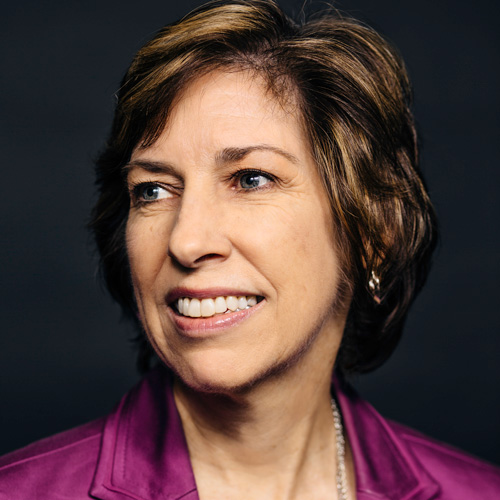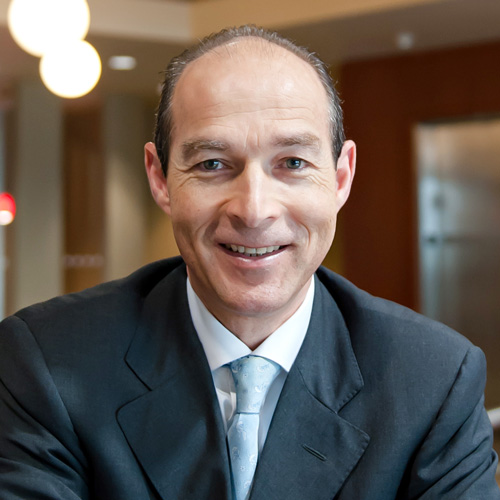When Jorliza Frias arrived in Massachusetts from the Dominican Republic as a teenager, she had to navigate a new environment and culture without support from family or friends.
Thankfully, she found some guidance after joining the Chica Project during her sophomore year of high school. The program—designed to help young, urban Latinas get access to intergenerational mentorship, professional employment experience, and leadership development—helped Frias go from being a girl who hardly spoke to a girl who turned around and was able to offer her guidance and support to another one hundred fifty high school girls like her. Frias is now in college and still in contact with her mentors from the project.
The Chica Project is one of the organizations supported by the Latino Legacy Fund, a Boston-area partnership made up of Latino philanthropists and leaders, The Boston Foundation, and Hispanics in Philanthropy. The Latino Legacy Fund is one of the first Latino-focused funds in Massachusetts, and is dedicated to creating and maintaining a permanent endowment to strengthen Boston’s diverse Latino community.
Boston Latinos
By the Numbers
Nearly 60% of Boston’s Latinos are native-born, and 35% were born in Massachusetts.
1 in 4 students in Boston public schools is Latino.
More than 75% of Latino students are not proficient in fourth-grade reading.
Only 62% of Latino students go on to graduate from high school, compared with 84% of white students.
1 in 5 Latino adults has a bachelor’s degree.
Source: Latino Legacy Fund
“While not as large as traditional philanthropy in our area, the Latino Legacy Fund taps into a growing population and serves as a conduit for the foundation, as well as a model for how philanthropy can engage communities,” says Rosalin Acosta, a Latino Legacy Fund committee member.
Since its founding in 2012, the Latino Legacy Fund has made close to $300,000 in grants to more than fourteen Latino-led and Latino-serving organizations, says Juan Carlos Morales, cofounder of the Latino Legacy Fund. The Fund’s partnership with the Boston Foundation has been an integral part of its success.
“When we were approached by key leaders in Boston’s Latino community with the idea of the Latino Legacy Fund, we were proud to provide $250,000 in resources to seed this important endowment that will benefit Greater Boston’s Latino community now and in future generations,” says Paul Grogan, Boston Foundation president and CEO. “We recognized that the demographics of our region are changing, and the Boston Foundation wanted to respond. It’s great to know that there will be an enduring home for Latino philanthropy in our region.”
Education and leadership development are two cornerstones of the Fund’s grant-making efforts. This year, the Fund expanded its primary preschool focus to include programs that support youth through post-secondary completion.
“We expanded the Fund’s educational focus to preschool through college because we heard more and more organizations telling us that the whole pipeline was very important and needed support,” says Aixa Beauchamp, cofounder of the Latino Legacy Fund.
The Fund also supports programs outside the classroom through the Innovation Grant, which was created this year to help Latino nonprofits support leadership development. Examples include programs supporting student leaders and groups training Latinos in civic leadership.
According to Morales, “the Innovation grants will support new and innovative ideas that help us develop the next generation of leaders.”
Along with the Fund’s important role as a grant-maker, it is also becoming a thought leader in the community. This year, the Fund will launch its first Latino Summit for the Greater Boston area. The Summit will assist in elevating issues, opportunities, and challenges related to the Latino community, and highlight the essential role Greater Boston’s Latinos will play in the region’s future.
Committee member Oswald Mondejar points out that the Summit is expected to be an opportunity to contribute to a meaningful cross-sector dialogue about critical issues, bringing together leaders in the nonprofit, philanthropic, corporate, business, and public sectors. He hopes it will help to set—or begin the process of—a broad agenda to advance Greater Boston’s Latino community.
While the Latino Legacy Fund’s support of education and leadership will continue to be critical elements of its work and important to the community, the current political climate and anxiety around immigration has raised Latino Legacy Fund’s work to a new level of importance. The Fund has raised $1 million and is looking to raise an additional $1 million. Some of those funds will be distributed to immigration advocacy groups.
“In this current political environment, many communities will be at risk,” Beauchamp says. “We want to be responsive and support those organizations working on the front lines.”
Donations from the community will continue to help the Latino Legacy Fund. According to Acosta, the best way to approach businesses and encourage them to donate to the fund is to remind them that they are helping to develop the country’s future workforce.
As Latinos get closer to becoming the United States’ largest demographic, the Fund is focused on preparing this future workforce—through an emphasis on academic achievement and the important work and leadership skills required for the twenty-first century economy.
“The diverse Latino community is such a tremendous source of human capital in Massachusetts,” Beauchamp adds. “How can we not start taking serious steps to ensure that every Latino student has the skills and knowledge needed to succeed in the workforce?”

